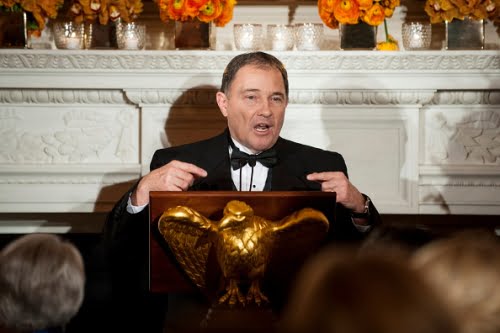One can be forgiven for wondering if the idea behind Delhi chief minister Arvind Kejriwal’s tokenist odd-even scheme is to inconvenience the public so much that they give up asking questions about the city’s bad air, the worst in the world. But his deputy, Manish Sisodia, is on to an idea that deserves airing by politicians nationwide. Of course airing is not enough; words must be followed by action as well.
Sisodia wants to bring state-run schools on a par with private schools in the national capital, so that parents prioritise government schools for their children. This is a laudable aim. The quality of public schools is a prime political issue in democracies across the world. But India’s tragedy is that schools are forgotten even as politics fixates obsessively on caste and community. If Indian politicians turn their attention to school education at all it is mostly to harangue or inconvenience private schools, to which most parents prefer to send their children.
Private schools, however, cannot be expected to take up the burden of educating India’s young. Today’s attempts to pass the buck on to them are doomed to fail spectacularly. The only way to provide decent education and opportunity to the vast majority of children is to bring government schools up to par. If that happens, competition will force private schools to improve too. Excellent public education within everybody’s reach, along with midday meals, will dissolve the caste system and thus do away with the necessity of caste-based reservations in higher education and jobs – which militate against merit and ignite caste conflicts – within a generation. Private schools can help at the margins by lending surplus capacity to the system and enhancing competition and choice. They are best left alone. If such measures are taken, India’s global competitiveness will take a quantum leap and our young won’t lack jobs that fulfil their aspirations.
[“source-Timesofindia”]













